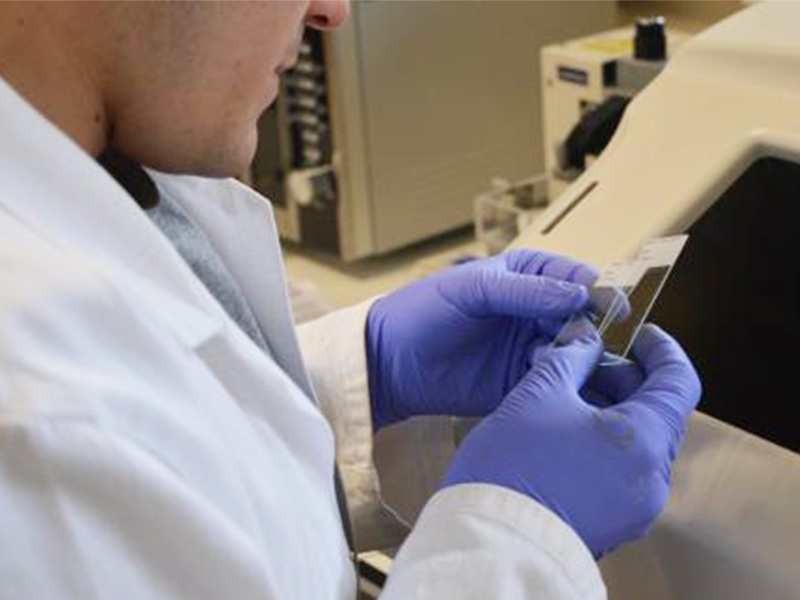
Antimicrobial resistance (AMR) is an important ongoing issue facing human health. Initial development of antibiotics led to the ability to treat many diseases, allowed improvements into human and animal health, and reduced mortality. However, over-use has led to the emergence of bacteria and other microbes which are resistant to many antibiotics. SEFARI scientists are currently investigating AMR in agricultural and environmental settings.
One key research area includes investigating the incidence of AMR in the food-chain. The pathogen Campylobacter jejuni (typically associated with poultry such as chicken) is responsible for most of the food-borne diseases in Scotland. Resistance to an antibiotic known as tetracycline has been found in campylobacter species. Research at the Rowett has shown that genes conferring resistance to tetracycline can be found in bacteria isolated from both the human and animal gut . This built upon previous work demonstrating that tetracycline resistance is able to transfer between mammalian gut bacterial species.
To aid the diagnosis of food-borne pathogens such as Campylobacter, a tool has been developed to allow rapid surveillance . SEFARI research has also investigated the mechanisms by which AMR arises within Campylobacter species, as well as how farmed and wild animals may contribute to the spread of resistance.
Would you like to read more? Our full case study was originally posted here
The Research at the Rowett was conducted by Dr Karen Scott
Research funded by the Scottish Government as part of the Strategic Research Programme.
